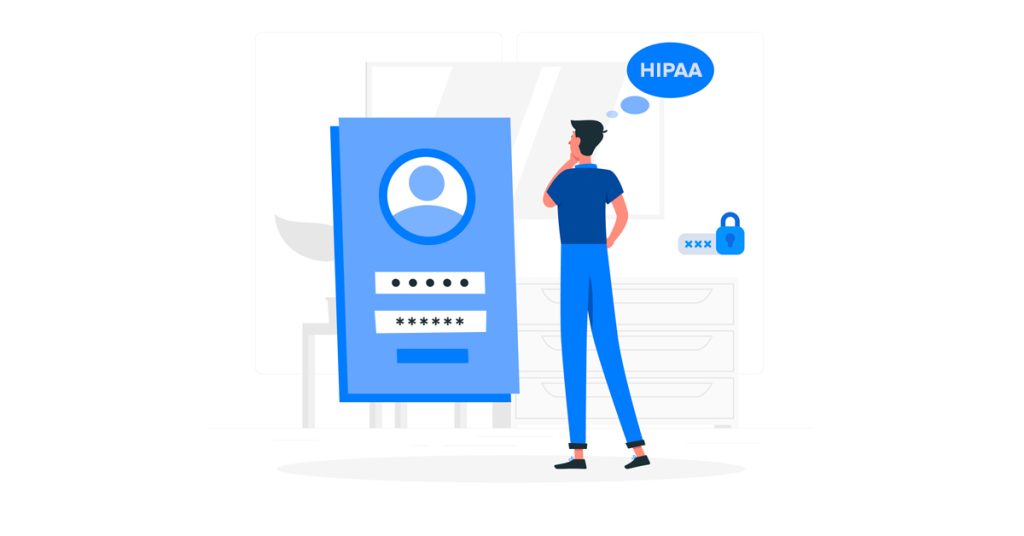Using a HIPAA-compliant password manager is important for healthcare organizations for several key reasons:
- Enhanced security and protection of sensitive data:
- HIPAA-compliant password managers use strong encryption (typically 256-bit AES) to securely store passwords and other sensitive information.
- They enable the use of complex, unique passwords for each account, reducing the risk of password-related breaches.
- Many offer features like two-factor authentication for an extra layer of security.
- Compliance with HIPAA regulations:
- While HIPAA doesn’t explicitly require password managers, it does mandate procedures for creating, changing, and safeguarding passwords.
- A HIPAA-compliant password manager helps organizations meet these requirements by providing tools for password creation, management, and monitoring.
- Some password managers are specifically designed to meet HIPAA standards and may offer features like audit logs and role-based access controls.
- Improved password practices:
- Password managers make it easy for employees to use strong, unique passwords without having to remember them all.
- This reduces risky behaviors like password reuse or using weak, easily guessable passwords.
- Many password managers can automatically generate strong passwords, further enhancing security.
- Centralized management and control:
- IT administrators can enforce password policies across the organization.
- Centralized dashboards allow for monitoring of password practices and quick revocation of access when needed.
- Some managers offer secure password-sharing features for team collaboration.
- Reduced administrative burden:
- Password managers can significantly reduce password reset requests to IT, saving time and resources.
- They streamline the process of accessing multiple systems and applications for healthcare workers.
- Audit and compliance support:
- Many HIPAA-compliant password managers offer detailed activity logs and reporting features.
- This can be crucial for demonstrating compliance during audits and investigations.
- Protection beyond passwords:
- Many password managers can securely store other sensitive information like security questions, credit card details, and secure notes.
- This provides a centralized, secure location for various types of protected health information (PHI).
- Mitigation of human error:
- By automating password creation and entry, password managers reduce the risk of human errors that could lead to data breaches.
- Support for mobile and remote work:
- HIPAA-compliant password managers often offer cross-device synchronization, enabling secure access to passwords on various devices and locations.
- Potential cost savings:
- While there is an upfront cost, implementing a password manager can lead to long-term savings by reducing security incidents and IT support needs.
In conclusion, using a HIPAA-compliant password manager is important because it not only enhances the overall security posture of healthcare organizations but also helps them meet regulatory requirements, improves efficiency, and provides tools for better management and control of access to sensitive information. As cyber threats continue to evolve, having robust password management practices is crucial for protecting patient data and maintaining HIPAA compliance.
